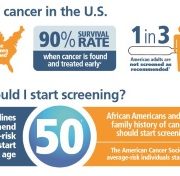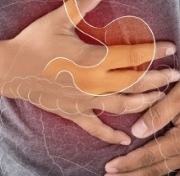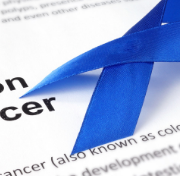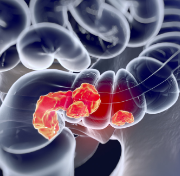Hemorrhoids: An Overview
Hemorrhoids is a term given to a condition in which the veins around the anus or rectum become swollen or inflamed. They can occur inside the rectum or around the anus. Hemorrhoids are extremely common- around 3 in 4 adults will experience hemorrhoids, and about half of all people will have hemorrhoids by age 50.
Here’s an overview of hemorrhoids.
Symptoms of Hemorrhoids
The symptoms of hemorrhoids vary based on whether they are internal (inside the rectum) or external (around the anus). External hemorrhoids can cause bleeding, pain, irritation or itching around the anus, and swelling around the anus. Internal hemorrhoids don’t usually cause any pain or discomfort, but they can cause bleeding during bowel movements. Sometimes, these can also push through the anus (prolapse), which can lead to irritation and pain.
Causes and Risk Factors
The veins around your anus stretch under pressure, and may swell or bulge as a result of too much pressure. As such, anything causing this pressure can cause hemorrhoids. This includes straining during bowel movements, heavy lifting, anal intercourse, having a low-fiber diet, being pregnant, being obese, and sitting on the toilet for long periods of time.
The risk of developing hemorrhoids increases with age. Tissues supporting veins in the anus and rectum weaken and stretch with age, and can increase risk. Additionally, this same stretching and weakening can happen during pregnancy as baby weight puts pressure around the anus.
Treatment for Hemorrhoids
Treatment can often take place at home, and for mild cases includes using medications and taking warm baths. Larger or more persistent cases may be cause for seeking further medical attention. Doctors may recommend surgery or banding. Banding is non-invasive and non-surgical. To perform banding, a doctor places a rubber band around a hemorrhoid to cut its blood supply and cause it to wither. This may be recommended for cases with significant persistent bleeding. Typically, two or more cases are required for treatment with banding.
Prevention
Preventing hemorrhoids involves a few simple lifestyle changes and home remedies. First, eating the proper amount of fiber is important; fiber softens stools and makes them easier to pass, decreasing the likelihood of straining or pressure. Exercise also helps, stimulating bowel function and keeping you regular and less likely to have straining bowel movements. Try not to sit for long periods of time, as it can increase pressure around the anus. Always use the bathroom as soon as possible when you need to defecate as well- waiting can cause build-up and increase strain. Don’t strain during bowel movements either, as this will add pressure around your anus and rectum. All of these simple behavior changes can be incredibly effective prevention measures.
A warm bath for the buttocks can also help relieve irritation around the anus. A 20 minute warm bath after defecation and a few more baths each day can ease any potential flare-ups. Last, avoiding hard sitting surfaces can prevent hemorrhoids from forming, and also helps ease symptoms of existing ones.
Our experienced team at GHP has years of experience helping people manage and treat hemorrhoids. We can help establish the best plan of care for your situation. Contact any of our office locations to learn about the options we offer and schedule an appointment today.













